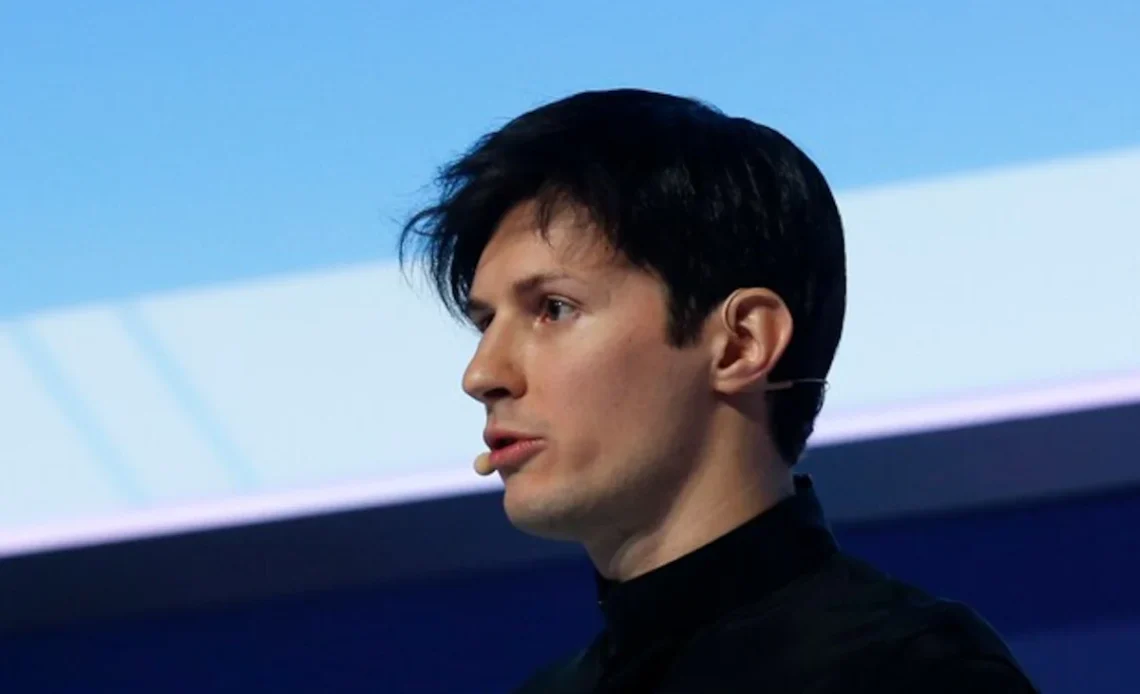
Imagine stepping off your private jet, only to be greeted by a swarm of authorities instead of a warm welcome. That’s exactly what happened to Telegram CEO, Pavel Durov, when he landed in France last week. Durov, known for his staunch defence of user privacy, suddenly found himself in the hot seat, accused of failing to monitor illegal activities on his platform. Four days in custody and 5 million euros later, he’s out on bail, but the drama is far from over. We’ll get back to that later, but first, let’s take a look at Telegram’s journey and why this app has become both a hero and a target in the tech world.
The Birth of Telegram
Telegram was born in 2013 out of a desire to create a messaging app that prioritised privacy and security above all else. Founded by brothers Pavel and Nikolai Durov, who previously launched Russia’s largest social network, VKontakte, Telegram quickly gained a reputation as a secure alternative to other messaging platforms. Its unique selling point? End-to-end encryption and a promise that no government or third party could access users’ private conversations.
Features
In its early years, Telegram was a niche app, attracting users who were particularly concerned about privacy. But as time went on, its feature set expanded, making it a versatile tool for both personal and professional communication. From self-destructing messages and secret chats to large group channels and bots, Telegram became a platform where users could not only chat but also share files, collaborate, and even broadcast to millions.
One of Telegram’s standout features is its speed and reliability, even on the weakest internet connections. This made it a popular choice in regions with unstable networks, further boosting its global adoption. As of 2024, Telegram boasts nearly a billion users worldwide, making it one of the most popular messaging apps on the planet.
Controversies and Legal Troubles
However, with great power comes great responsibility—or, in Telegram’s case, great controversy. While the app’s encryption has been praised for protecting user privacy, it has also attracted criticism for being a haven for illegal activities. Governments and law enforcement agencies around the world have raised concerns about the platform’s role in facilitating everything from political dissent to criminal activities. This criticism reached a boiling point last week when Durov found himself in legal trouble in France.

The arrest of Pavel Durov has thrown Telegram into the spotlight for all the wrong reasons. French authorities have accused Durov of not doing enough to prevent the spread of illegal content on the platform, from child exploitation to drug trafficking. While Telegram has denied these accusations, calling them “absurd,” the incident highlights the ongoing global debate over the responsibilities of tech companies in monitoring and moderating content.
It’s worth noting that this isn’t the first time Telegram has faced legal challenges. Over the years, the platform has been banned in several countries, including Russia and Iran, for refusing to hand over encryption keys to government authorities. Durov has consistently argued that compromising user privacy would undermine the very principles Telegram was founded on.
The Indian Angle
As if the French case wasn’t enough, the Indian government has also started scrutinising Telegram more closely following Durov’s arrest. India, one of Telegram’s largest markets, is investigating allegations of extortion and gambling linked to the platform. This adds another layer of complexity to Durov’s legal woes and underscores the global implications of the case.
The Future of Telegram
Despite these challenges, Telegram remains a vital communication tool for nearly billions of users. The company has reiterated its commitment to user privacy and compliance with international laws, including the EU’s Digital Services Act. But as the legal battles continue, one thing is clear: the future of Telegram—and its CEO—hangs in the balance.
So, what’s next for Telegram? Will it emerge from this crisis stronger, or will the mounting pressure from governments force it to compromise on its core values? Only time will tell. However, one thing is certain, Telegram’s journey from a privacy-focused app to a global messaging giant has been extraordinary.
The Valuation of Telegram
As the platform faces the looming maturity of a $2.4 billion bond in March 2026, it has been increasingly focused on monetising its vast user base of 900+ million. However, Durov’s recent arrest could significantly hinder the company’s plans to go public, a path he has preferred over selling despite asserting that the company is valued at more than $30 billion.
5 Interesting facts about Telegram
- Telegram has spent $0 on advertising.
- 85% of Telegram’s user base have Android devices.
- An average user spends 2.9 hours a month on Telegram.
- Telegram is planning to introduce crypto payments via its official wallet bot.
- With over 4.3 million subscribers, Hindi HD Movies became the most popular Telegram channel worldwide in 2020.


Its like you read my mind You appear to know so much about this like you wrote the book in it or something I think that you can do with a few pics to drive the message home a little bit but other than that this is fantastic blog A great read Ill certainly be back